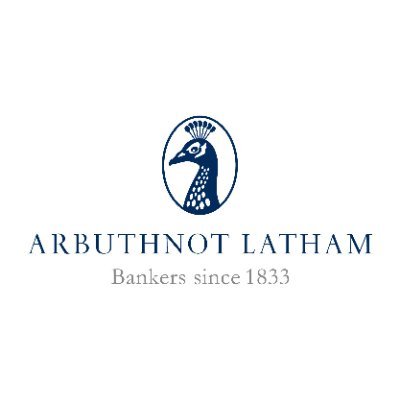Within investment strategy, property carries a unique mix of stability and complexity. The asset class allows exposure both through physical holdings and through listed structures such as Real Estate Investment Trusts. Direct investment in property—whether offices, warehouses, or retail space—can provide a consistent income stream backed by contractual rents and inflation-linked adjustments.
While equities respond sharply to shifts in growth expectations and bonds to interest rate cycles, real estate often absorbs these forces differently. Rental income tends to provide a buffer against economic downturns, with inflation linkage supporting purchasing power when prices rise. During the post-pandemic period, investors who had maintained or increased exposure to real assets found a measure of resilience when traditional asset classes came under pressure from rapidly tightening monetary policy. Arbuthnot Latham’s positioning, tilting towards real estate as rates bottomed and then rotating back as yields normalised, illustrates how active management can turn structural exposure into tactical advantage.
Once dominated by offices and retail, the landscape is being reshaped by technological and demographic demand. Data centres have emerged as a focal point, reflecting the surge in digital infrastructure investment driven by artificial intelligence and cloud computing. The global capacity required to support these systems is expected to multiply severalfold by the end of the decade, underpinning long-term development pipelines and offering institutional investors a modern twist on an old asset.
Arbuthnot Banking Group PLC (LON:ARBB), operating as Arbuthnot Latham, offers private and commercial banking products and services in the United Kingdom. Established in 1833, Arbuthnot Banking is headquartered in London, United Kingdom.






































